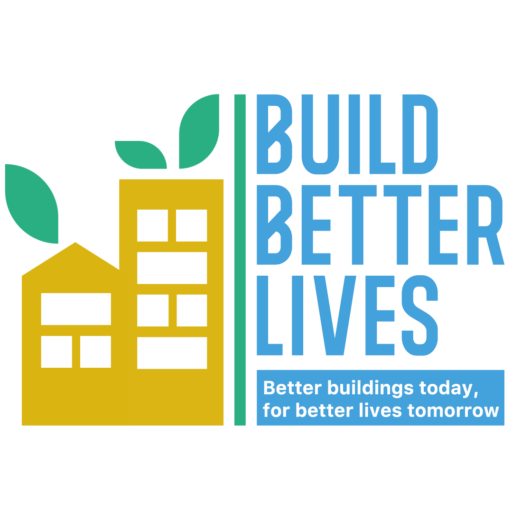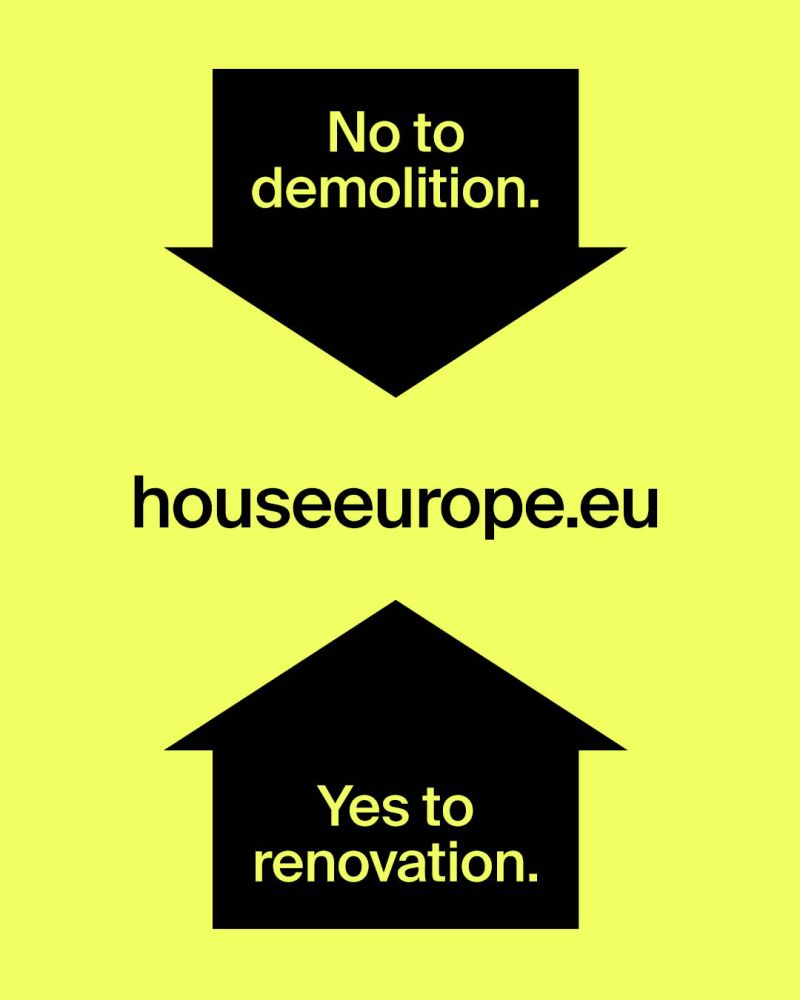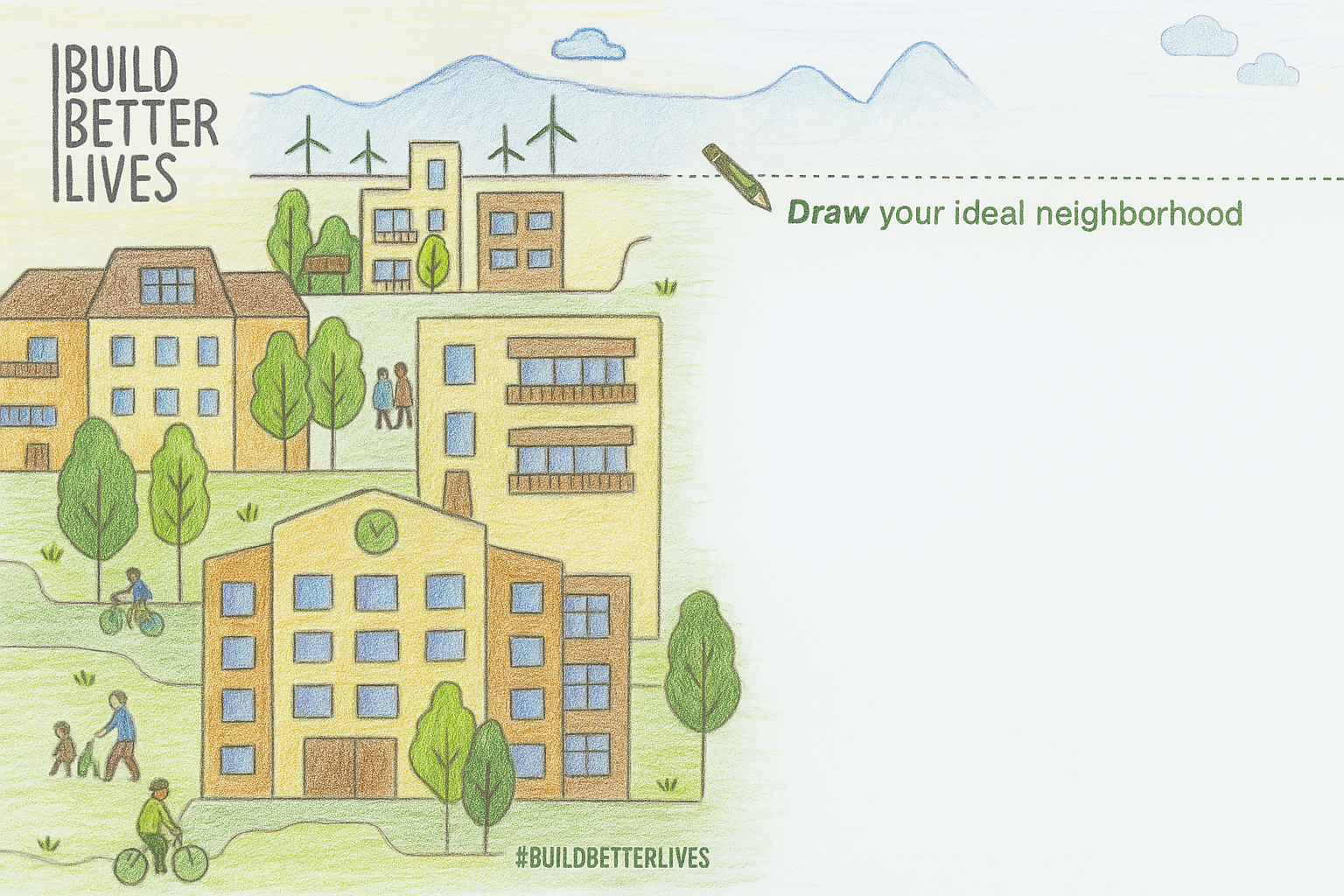
Pinerolo, Turin, Caselle Torinese, Borgaro Torinese, Cavour, Racconigi, Moretta, ITALY
Project led by Progetto Energheia
The Progetto Energheia in the Piedmont Region, Italy, is a transformative model for sustainable urban renewal, combining advanced energy efficiency measures with innovative governance systems to create energy communities. This initiative demonstrates how ambitious collective action can reduce energy consumption, enhance affordability, and foster social inclusion, serving as a replicable model for tackling energy and housing challenges across Europe.
Achieving energy efficiency at the district Level
Progetto Energheia is built on a foundation of integrating multiple energy efficiency solutions at a district scale, significantly reducing energy consumption and costs for residents.
The project implements comprehensive building retrofits, using a multi-faceted approach that includes insulation of façades, ceilings, and cellars, the replacement of windows with double-glass models, and the installation of ventilated walls. These combined measures drastically improve thermal comfort and reduce heat loss.
In addition to retrofits, renewable energy integration plays a key role, with solar panels and heat pumps installed across buildings to provide clean, renewable energy. Energy storage systems are also incorporated into condominiums, ensuring that the energy generated is effectively utilised and distributed.
These interventions have delivered impressive energy savings, reducing energy consumption by 68% on average, with heating energy needs dropping from 77.91 to 24.96 kWh/m²/year. This translates to significant cost savings for residents, cutting annual heating bills from € 1.600 to € 370.
By focusing on the district level, the project upgrades individual buildings while creating a unified, energy-efficient network that reduces dependence on fossil fuels and aligns with ambitious climate goals.

Innovative governance system for energy communities
A critical factor in Progetto Energheia’s success is its innovative governance system, which promotes collaboration, accountability, and empowerment among stakeholders.
At the heart of this model is the creation of energy communities and shared consumption, where residents exchange the energy produced within their condominium, fostering a collective sense of responsibility and delivering shared benefits for all participants.
Energy Performance Contracts (EPCs) further support the project by defining transparent relationships between stakeholders and ensuring accountability. The EPC model reassures residents by guaranteeing energy efficiency improvements. If renovations exceed projected benefits, Energheia retains the surplus, but if results fall short, the joint venture compensates residents.
To encourage participation, the project also uses gamified energy-saving initiatives, where residents compete with neighbours to reduce their energy consumption through friendly challenges. This gamification approach fosters a culture of conservation, strengthens community bonds, and turns energy savings into a shared achievement.
To ensure affordability, the project relied on flexible financing mechanisms, taking advantage of Italian fiscal incentives, including the Superbonus 110% and Horizon 2020 funding, which lower upfront renovation costs. Any remaining expenses are covered through mortgages, which residents repay using savings from reduced energy expenses.
This governance model empowers residents, ensures transparency, and creates a scalable framework for future energy-efficient housing transformations.
Impact and lessons for the future
The results of Progetto Energheia are transformative. By the end of 2022, 27 buildings had been renovated, achieving energy upgrades from energy classes D, F, or G to A2 or B. These efforts not only reduced CO₂ emissions by nearly 50% but also significantly improved residents’ quality of life through better thermal comfort, reduced noise pollution, and lower utility bills.The project’s innovative combination of district-level energy strategies and participatory governance demonstrates how ambitious housing policies can address pressing energy and housing challenges. Progetto Energheia also lowers barriers to energy sharing, helping residents not just consume but own and produce energy. This shift empowers people to become active players in the energy system. Progetto Energheia offers a compelling example of how to build better lives through inclusive, sustainable, and community-driven solutions. It sets a benchmark for cities worldwide, proving that systemic change is achievable when people and technology work hand in hand.


